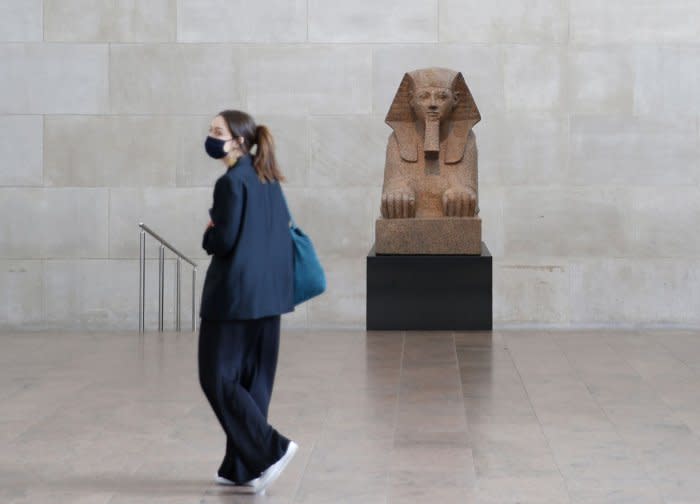On This Day, March 7: Police attack Selma, Ala., marchers on Bloody Sunday

March 7 (UPI) -- On this date in history:
In 1876, Alexander Graham Bell was granted a patent for the telephone.
In 1918, Finland signed a peace treaty with Germany shortly after declaring independence from Russia.
In 1936, Adolf Hitler ordered Nazi troops into the Rhineland, violating the Treaty of Versailles.
In 1945, the U.S. 1st Army crossed the Rhine at Remagen, Germany after capturing the strategically important, Ludendorff Bridge (also known as the Bridge at Remagen). World War II in Europe ended two months later.

In 1965, hundreds of civil rights marchers trying to cross the Edmund Pettus Bridge in Selma, Ala., were turned back by state troopers and sheriff's deputies. Dozens of people were beaten and injured in what became known as "Bloody Sunday." Marchers voluntarily turned around on a ceremonial walk to the bridge two days later and, on March 21, with protection by federal and National Guard troops, the main Selma-to-Montgomery march began.


In 1984, the U.S. Senate confirmed William Wilson as the first U.S. ambassador to the Vatican in 117 years.
In 1985, "We Are the World," a song composed by Michael Jackson and Lionel Richie and recorded by a series of high-profile music stars was released worldwide with the goal of generating funds for the USA for Africa charity. The song and related promotions eventually raised about $63 million.

In 2010, Kathryn Bigelow became the first woman to win an Academy Award for Best Director for her film The Hurt Locker.
In 2013, the U.S. Senate confirmed John Brennan as director of the CIA.


In 2017, Malta's iconic Azure Window, a natural rock arch, collapsed into the sea during a storm.

In 2022, the COVID-19 pandemic reached a sobering milestone, more than 6 million deaths worldwide, according to Johns Hopkins University.


